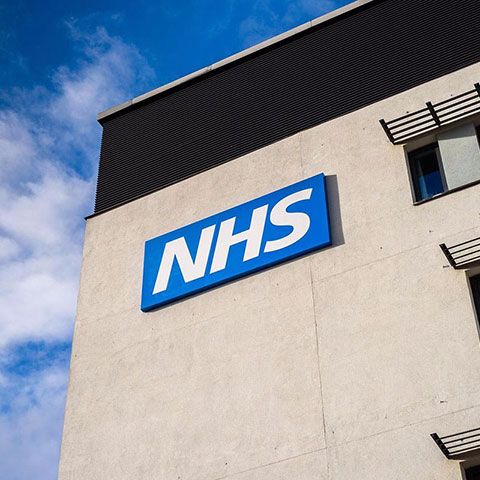The main news this week focuses on reports which claim NHS workers are demanding a 3.9% pay rise. Unions representing NHS staff have written the chancellor to demand the pay rise, as well as an extra £800 to make up for the “cuts” they have seen in recent years.
Elsewhere, the National Institute of Health and Care Excellence are recommending that every person over the age of 40 be offered an NHS diabetes check, following a huge number of patients being told to go on strict diets by their GP.
Finally, NHS bosses are warning that the UK should brace themselves for a bad flu season. This news comes after Australia and New Zealand both had their worst flu seasons for a number of years.
NHS workers demand pay rise
It has been reported this week that NHS workers are demanding a 3.9% pay rise. In total, 14 unions representing nurses and other NHS workers have come together to write their demands to the chancellor, which also includes an extra £800 to make up for the “cut” they have seen in recent years.
Unions are claiming that NHS workers have seen their pay fall by 15% since 2010, once inflation is taken into account. They also say that it was unfair ministers had selectively lifted the cap by agreeing a rise for police and prison officers.
The unions, which represent over a million people, claim that the increase in pay would help tackle the issue of staff shortages. Research earlier this year had suggested that there were 40,000 posts unfilled.
Unison head of health Sara Gorton told the BBC:
“Health workers have gone without a proper pay rise for far too long. Their wages continue to fall behind inflation as food and fuel bills, housing and transport costs rise.”
A spokeswoman for the government has said that next year’s pay award would be “discussed and agreed.”
Calls for nationwide diabetes check
The National Institute of Health and Care Excellence (NICE) have suggested that everybody over the age of 40 should be offered a diabetes check on the NHS. In their recommendations, NICE say that “intensive lifestyle change programmes” will be routinely offered to those whose weight or habits is jeopardising their health.
NICE say that the NHS checks should take place in workshops, shops and libraries, alongside doctor’s surgeries and opticians. Health officials said around five million people without diabetes are currently in danger of developing the condition, because their blood sugar levels have crept up to at least 5.5 mmol/l.
Almost four million adults in England now have diabetes, of whom almost a million are un-diagnosed. The vast majority of cases are Type 2 diabetes, which is fuelled by unhealthy lifestyles, with two in three adults overweight or obese.
Professor Mark Baker, director of the centre for guidelines at Nice, said on The Telegraph:
“We know that helping someone to make simple changes to their diet and exercise levels can significantly reduce their risk of developing Type 2 diabetes. And that this approach is a cost-effective way of managing an illness that currently costs the NHS around £8.8 billion a year. We need to make sure that the people most at risk have access to the care they need.”
Winter flu warning
NHS bosses are warning that the UK could be in four a bad flu season. These warnings come after Australia and New Zealand both suffered their worst flu seasons for a number of years.
Figures up to the end of August in those countries – not even the end of their winter – suggest there was nearly double the number of cases of flu than the average over the past five winters. Hospitals were reportedly struggling, which led to NHS England chief executive Simon Stevens raising the alarm.
2016 saw the NHS go through its worst winter in a generation, with bosses already warning that this winter could be even worse due to bed shortages and long waiting times. As a reminder, the flu jab is free on the NHS for people aged over 65, who are pregnant or who have an underlying health condition which puts them at risk of serious complications from flu.
If you’re looking for a Telecare Alarm and need further information please visit our Contact Us page or give our team a call for free on 0800 635 7000 today.




